It can be very important for a trucking company to understand what federal regulations apply to it and to stay in compliance with these rules. Failing to do this could up the chances of the company’s trucks being involved in crashes and could end up exposing the company to significant lawsuits in relation to truck accidents.
Among the trucking regulations the federal government has are the hours of service rules. Now, it can sometimes be challenging determining which of these rules apply in what situations. One reason for this is that some of these rules have special exemptions connected to them.
Take the 30-minute rest break rule for instance. This rule makes it so, generally, truck drivers have to take a 30-minute rest break for every 8 hours of driving. However, certain drivers are exempt from this break rule.
For example, certain drivers of trucks hauling hazardous cargo currently qualify for an exemption. Under this exemption, such drivers are allowed to count time they spend attending to their cargo as rest-break time for the purposes of the requirement.
Now, just hauling hazardous cargo doesn’t, by itself, qualify a driver for this exemption. Rather, they also have to have security plans filed that require them to always be in close proximity to the cargo.
This exemption was recently extended. Originally, it was set to remain in force until August 2017. The new extension moves its effective time out to Aug. 20, 2020. The extension was made to bring the length of the exemption into compliance with what the Fixing America’s Surface Transportation Act requires.
Complying with the hours of service rules that apply to it can be an important aspect of preventing drowsy driving among its drivers for a truck company. Additionally, there are other steps beyond just following regulations that could help a company on this front, such as having additional company policies in place aimed at insuring its truck drivers aren’t getting behind the wheel when they are excessively tired.
Allegations of drowsy driving are one of the types of allegations that sometimes come up in relation to a truck accident. Skilled truck accident defense attorneys can provide guidance to truck companies that are facing litigation in relation to such allegations.
Source: Safety+Health, “FMCSA extends HOS exemption for select hazmat drivers,” Dec. 14, 2016

